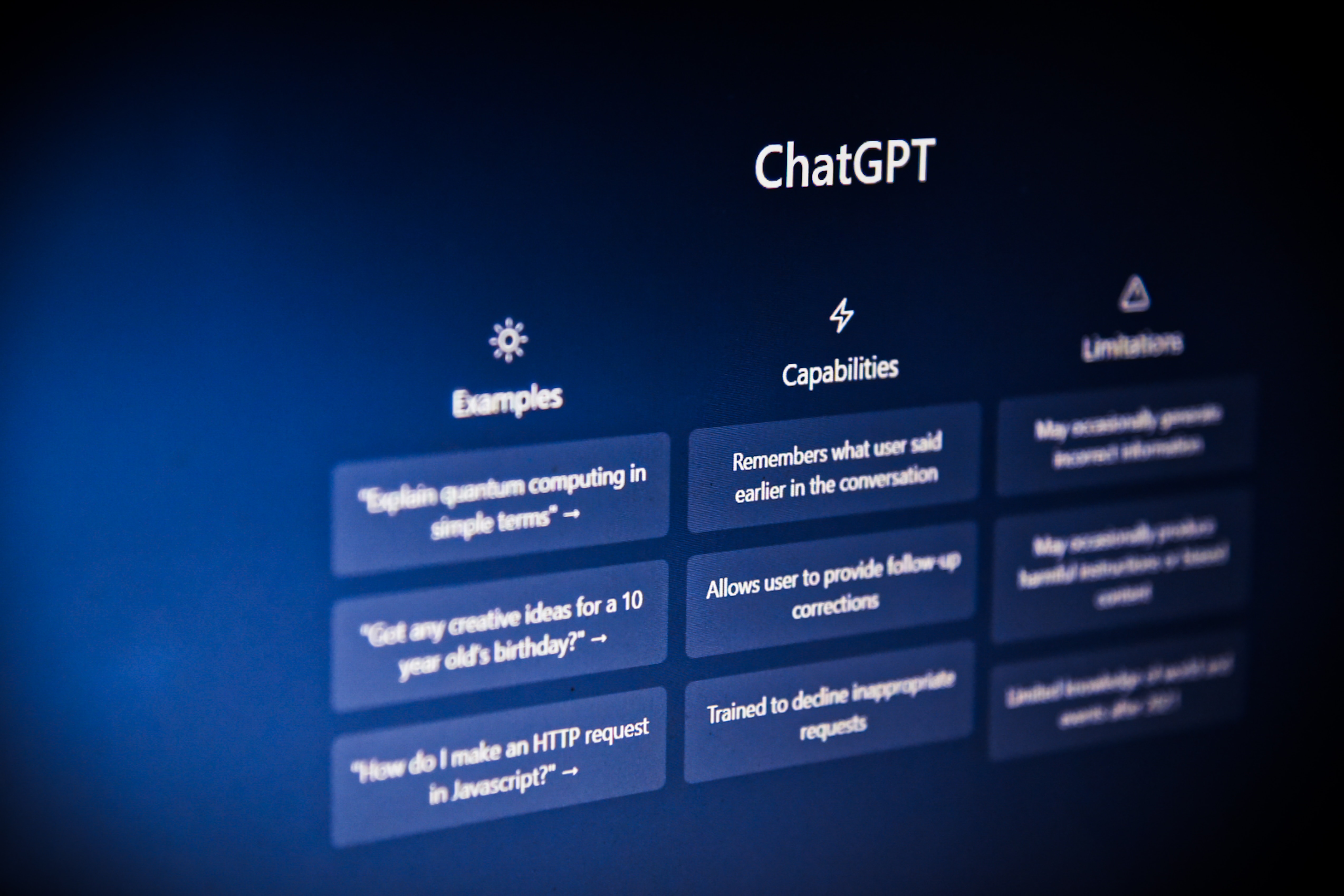Posted by Data Stems ● Aug 29, 2023 12:45:00 PM
Transforming Conversations: A Close Look at the Top 5 AI Chatbots
In the realm of Artificial Intelligence (AI), chatbots have emerged as remarkable tools that bridge the gap between humans and machines through natural language processing. These intelligent virtual agents have found applications across industries, from customer service to healthcare, offering efficient, scalable, and personalized interactions. In this article, we will explore the top five AI chatbots that have been leading the charge in revolutionizing communication and customer engagement.

1. GPT-3 (Chatbots by OpenAI)
At the forefront of AI-powered language models, GPT-3 has also found its place in chatbot development. Its vast knowledge base and language generation capabilities enable chatbots to hold sophisticated conversations across a wide range of topics. By employing GPT-3, chatbots can simulate human-like interactions, making them versatile tools for customer support, content creation, and more. GPT-3's ability to understand context and produce contextually relevant responses has positioned it as a powerhouse in the chatbot landscape.
2. IBM Watson Assistant
IBM Watson Assistant has proven itself as a robust chatbot platform that caters to various industries. What sets it apart is its ability to integrate seamlessly with existing systems, providing businesses with a highly customizable AI solution. Watson Assistant's strength lies in its natural language understanding and its capability to handle complex queries. It's utilized in healthcare for diagnosing ailments, in financial sectors for personalized advice, and in customer service for streamlined issue resolution.
3. Dialogflow (by Google Cloud)
Google Cloud's Dialogflow stands out for its user-friendly interface and integration with Google's ecosystem. It empowers developers to create conversational agents with relative ease. Leveraging machine learning, Dialogflow assists in understanding user intents and entities, enabling chatbots to provide relevant and context-aware responses. This chatbot has applications in various domains, including e-commerce, travel, and entertainment, enhancing user experiences through smooth interactions.
4. Botsify
Botsify is known for its no-code chatbot building platform, making it accessible to businesses without extensive technical expertise. It offers a range of features including live chat takeover, integration with various messaging platforms, and easy customization. Botsify's chatbots have been used for lead generation, customer engagement, and even e-learning. Its simplicity and versatility make it an attractive choice for small and medium-sized businesses seeking to enhance customer interactions.
5. LivePerson
LivePerson takes AI chatbots a step further by incorporating real-time engagement features. It enables businesses to connect with customers through various channels, such as web chat, messaging apps, and social media. LivePerson's AI chatbots are designed to seamlessly hand over conversations to human agents when necessary, ensuring a personalized and smooth transition. Its proactive engagement capabilities have proven invaluable in driving conversions and enhancing customer satisfaction.
Conclusion

AI chatbots have transformed the way businesses and individuals interact with technology, enabling efficient, 24/7 support and personalized interactions. From GPT-3's natural language prowess to IBM Watson's integration capabilities, each chatbot discussed has unique strengths that cater to diverse needs. As these chatbots continue to evolve and integrate more advanced AI capabilities, the future holds the promise of even more dynamic and meaningful human-machine interactions. However, it's important to remember that while AI chatbots bring immense value, human oversight and ethical considerations are essential to ensure responsible and beneficial deployment.
Topics: artificial intelligence, AI, chatbot
